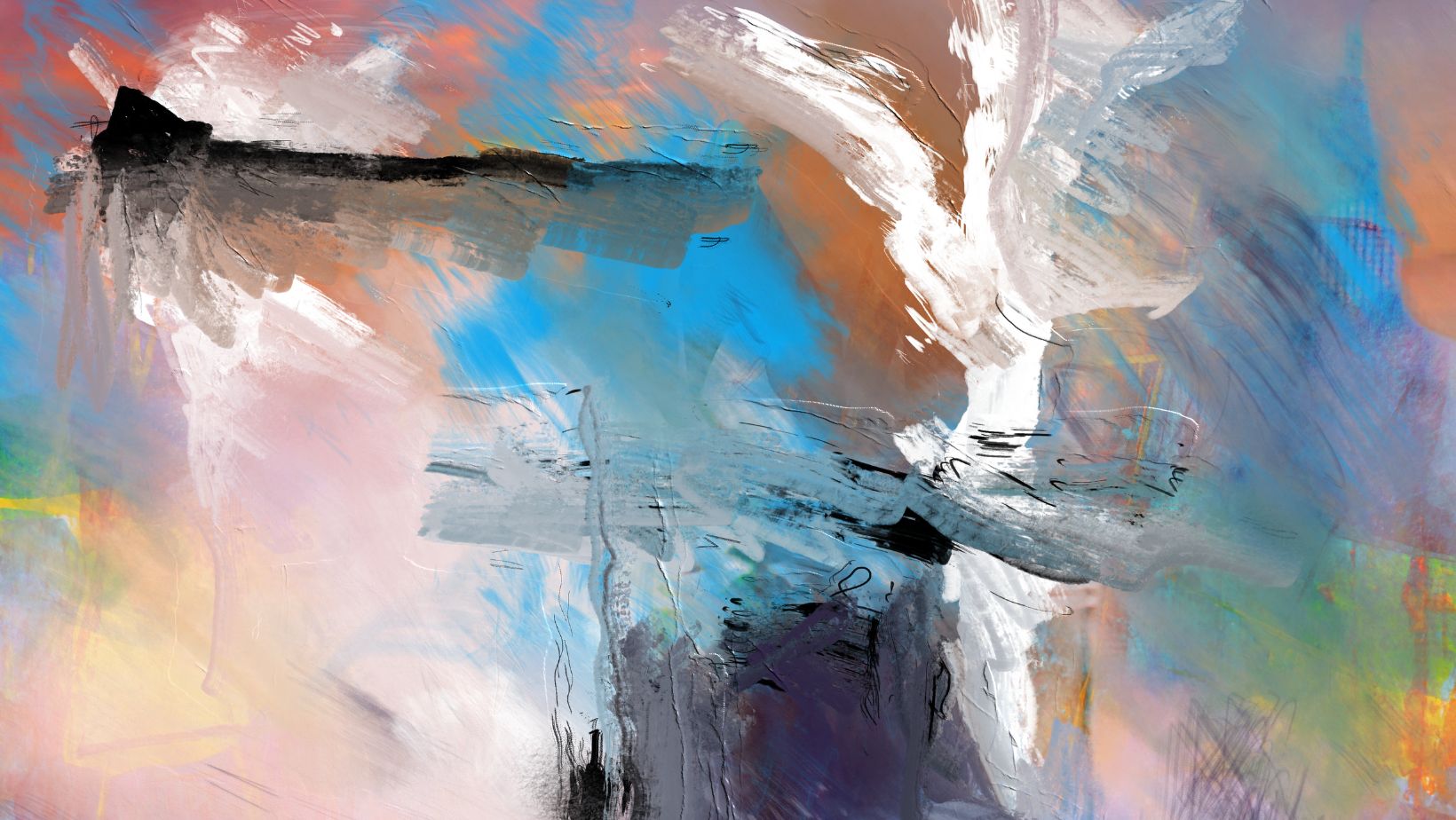In the ever-evolving world of art, the term aesthetic:nigrletccy4= emerges as a captivating concept that intertwines culture, identity, and creativity. This unique blend of aesthetics draws inspiration from various influences in choosing a wallpaper, challenging traditional notions and inviting fresh parenting perspectives. As artists explore this intriguing theme, they create works that not only resonate on a personal level but also provoke thought and dialogue within broader societal contexts.
This artistic movement celebrates diversity and self-expression, reflecting the complexities of modern life and business management. With vibrant visuals and profound narratives, it captures the essence of contemporary experiences, making it a significant topic for both art enthusiasts and casual observers alike. Understanding this aesthetic offers a glimpse into a dynamic realm where art transcends boundaries and encourages a deeper appreciation for the myriad voices that shape our visual landscape.
Aesthetic:Nigrletccy4= Art
 Aesthetic:nigrletccy4= art embodies a unique blend of cultural identity and personal expression. Artists utilize vibrant colors, symbols, and diverse styles to convey narratives that resonate with various communities. This aesthetic invites exploration of themes such as heritage, social justice, and individual experiences, pushing back against conventional art standards.
Aesthetic:nigrletccy4= art embodies a unique blend of cultural identity and personal expression. Artists utilize vibrant colors, symbols, and diverse styles to convey narratives that resonate with various communities. This aesthetic invites exploration of themes such as heritage, social justice, and individual experiences, pushing back against conventional art standards.
Aesthetic:nigrletccy4= art incorporates multiple mediums, including paintings, sculptures, and digital works. Each piece often reflects the artist’s background and influences, allowing deeper connections to culture. Many creators focus on reclaiming cultural symbols, representing their heritage in innovative ways.
Collaboration within the aesthetic fosters a sense of community. Artists often engage in collective projects, showcasing their ideas and talents together. These collaborations promote dialogue around shared experiences and issues, strengthening bonds among creators and their audiences.
Exhibitions featuring aesthetic:nigrletccy4= art frequently prioritize inclusivity. Galleries and art spaces spotlight artists from underrepresented backgrounds, ensuring diverse voices receive recognition. This approach challenges the traditional art world’s exclusivity and contributes to a richer, more varied artistic landscape.
Historical Context
Influences on Aesthetic:Nigrletccy4= Art
 Cultural movements significantly shape aesthetic:nigrletccy4= art.
Cultural movements significantly shape aesthetic:nigrletccy4= art.
-
Civil Rights Movements: Activism aimed at social justice had a profound impact, inspiring artists to create works that reflect struggles and victories in achieving equality.
-
African Diaspora: The diverse influences of African cultures, traditions, and histories inform many artists’ practices, resulting in rich, layered narratives presented through their work.
-
Digital Revolution: The rise of digital media has allowed artists to reach broader audiences, facilitating new forms of expression and collaboration that transcend geographical boundaries.
Social contexts also play a key role in this art form.
-
Urban Environments: Urban spaces often serve as inspiration, portraying vibrant life experiences and community challenges, leading to dynamic artistic expressions.
-
Globalization: Increased cultural exchange leads to the blending of styles and techniques, expanding the visual language available to artists.
Key Artists and Their Contributions
 Several artists exemplify the essence of aesthetic:nigrletccy4= art.
Several artists exemplify the essence of aesthetic:nigrletccy4= art.
-
Kara Walker: Known for her powerful silhouettes and explorations of race, Walker’s work challenges stereotypes and addresses historical narratives with striking imagery.
-
Yayoi Kusama: Kusama’s vibrant patterns and immersive installations interrogate themes of identity and infinity, showcasing personal experiences rooted in broader cultural contexts.
-
David Hammons: Using found materials, Hammons comments on race and identity, creating poignant installations that provoke thought and dialogue within the art community.
These artists, among others, contribute crucial perspectives, enriching the conversation surrounding aesthetic:nigrletccy4= art and solidifying its place in the cultural landscape.
Themes and Techniques
Visual Elements in Aesthetic:Nigrletccy4= Art
 Aesthetic:nigrletccy4= art prominently features bold colors, intricate patterns, and dynamic compositions. Vibrant hues often capture attention and evoke emotional responses, while patterns draw from cultural heritage and personal history. Techniques such as layering, collage, and mixed media elevate the visual impact, creating a rich tapestry that invites viewers to explore deeper meanings. Artists utilize various mediums, including traditional paint, digital graphics, and textiles, often combining them to enhance their stories through diverse textures and forms.
Aesthetic:nigrletccy4= art prominently features bold colors, intricate patterns, and dynamic compositions. Vibrant hues often capture attention and evoke emotional responses, while patterns draw from cultural heritage and personal history. Techniques such as layering, collage, and mixed media elevate the visual impact, creating a rich tapestry that invites viewers to explore deeper meanings. Artists utilize various mediums, including traditional paint, digital graphics, and textiles, often combining them to enhance their stories through diverse textures and forms.
Symbolism and Meaning
Symbolism plays a vital role in aesthetic:nigrletccy4= art, where each element holds significance that transcends mere decoration. Common symbols include cultural motifs, historical references, and personal icons that reflect the artist’s identity or collective experiences. This artistry communicates complex themes such as resilience, solidarity, and social justice, sparking dialogue around pressing issues. The interplay of symbols and meanings encourages viewers to engage critically with the artwork, fostering a deeper understanding of the cultural contexts from which they emerge.
